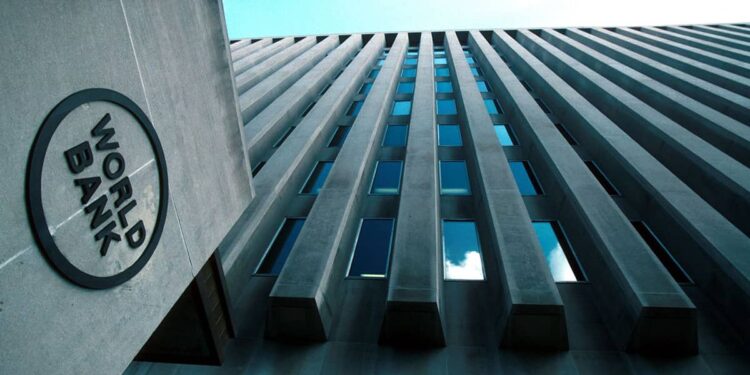The World Bank has approved a $400M logistics and transportation plan to help Egypt reduce greenhouse gas emissions from transportation, including the Alexandria–6th-of-October–Cairo Area railway corridor.
According to Reuters, Egypt’s transportation sector is the second largest contributor to the country’s greenhouse emissions after energy.
The project is expected to reduce greenhouse gas emissions by 965,000 tons over the next 30 years while increasing freight capacity.
The Egyptian railway system is one of the largest in Africa. Although the main focus along the Alexandria–the 6th of October–Greater Cairo Area corridor is on passenger services, there are also three freight trains in both directions daily.
The Cairo Alexandria Trade Logistics Development Project plans to build a railway bypass to circumvent the congested corridor. It will provide freight trains with an alternate route west of the Greater Cairo area, between the Alexandria Sea Port and the new 6th of October Dry Port.
By 2030, the bypass will allow 15 container trains a day to access the dry port and 50 by 2060. More freight trains will run between Alexandria Port, Upper Egypt, and the Red Sea.
“Reforming the transportation and logistics sectors is vital to Egypt’s competitiveness and economic development,” said Egyptian Transport Minister Kamel El-Wazir.
He added,” This new project introduces several improvements in those vital sectors. The upgrades are aligned with Egypt’s pressing development priorities, which include decarbonization, trade facilitation, private-sector participation, and gender balance in the workplace.”
Officials said the project would help Egypt integrate into global value networks and become a regional economic powerhouse. Given the predicted reductions in greenhouse gas emissions, it is also expected to substantially contribute to the country’s 2050 National Climate Change Strategy.
“This operation is part of a wider set of efforts dedicated to offering timely and comprehensive support to Egypt’s economic development and climate change plans,” said Marina Wes, the World Bank’s country director for Egypt, Yemen, and Djibouti.





